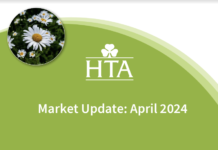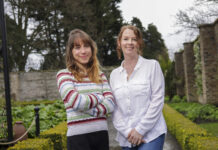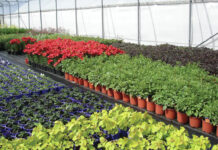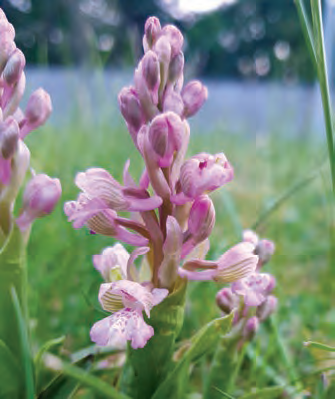

Writing during the lockdown, Féidhlim Harty asks, has the pandemic been all bad for the planet or society?
Last year, both British and Irish governments declared a climate and biodiversity emergency in response to public pressure and a growing international scientific consensus. Yet despite the declarations, politicians have dragged their feet with unbridled enthusiasm, clearly more concerned with bolstering economic growth and meeting the many demands of the industry than addressing these pressing issues. Crisis exists. Emergency declared. Essentially, no action is taken.
Meanwhile, events in Wuhan have created a parallel emergency. The response of global governments between these two emergencies has been dramatically different. In a matter of weeks and months, the whole world introduced new rules, changed social norms, cancelled “non-essential” work and introduced a raft of restrictions on movement and activity that would have been unimaginable as we entered 2020. Unemployment has soared, GDP has plummeted and economic activity has taken a back seat.
However, despite the restrictions, limitations and economic downturn, is it all bad for the planet or society; or has it brought with it a raft of benefits for the world as well?
Polluted air over China and Europe has cleared. The canals in Venice are flowing clear and clean. Distant views of the sacred mountains of the Himalayas are present in parts of India for the first time in living memory. Stories of wildlife sightings in places where they haven’t been seen in many years abound. Whether it is because they are reappearing or because we have time to notice is not as clear as the value of either. Our living planet home seems to be taking a deep breath, a long sigh of relief, taking a respite from the pause in our endless activity.
What if this is a dry run for something better; something saner in our society? What if this Corona Time is a giant reset? Many of us are enjoying the quieter roads; the space to bake or garden; or sit watching the sun move along its arc by the shadows on the lawn. Children are learning the things they have prioritised for themselves rather than a standardised curriculum; the birdsong has never been sweeter or more diverse outside my window. Is that because it is, or because I have the time to listen? Children are cycling on the roads again. Families are out walking. Neighbours stop in the street (at the required distances) and chat. It’s safe to do so. It’s quiet enough to hear. Less traffic. More time.
There are a thousand fewer cuts to the Earth as we ease off on petrol, on flights, on commuting to “non-essential” jobs. Putting fast fashion to one side, getting another day out of those jeans before washing them; even though they’re grubby from gardening. It won’t be noticeable in tomorrow morning’s online meeting, anyway.
Perhaps we’ll learn to ease off on the throttle of endless rushing and doing. Will we look up briefly at the close of lockdown and then return happily to hoeing between the onions? Imagine a quieter, calmer society. Imagine space for people and for nature. Imagine all the planetary indicators for health returning to safe levels, like a great steady pulse and a calm rhythmic breath once more.
Corona lockdown has shown us that we can make sweeping changes to deal with an emergency if we want to. There is no doubt in the international scientific community that life on Earth is threatened at the moment, but COVID 19 is not the cause. That’s only a sideshow. We need to put resources, energy and dedication into ecological recovery.
We have seen from both the banking crash in 2008 and now Coronavirus, that public resources can be invested at a moment’s notice. We have an opportunity now, to invest in the things that will create an ecological recovery and not just an economic one.
The resources are there for the taking. Let’s grasp this opportunity to create real change. Let’s use this time as a springboard for action, flatten the curve on fossil fuel extraction and make this ecological recovery permanent. ✽
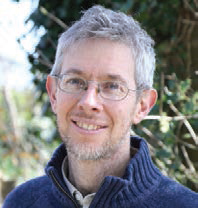  |



